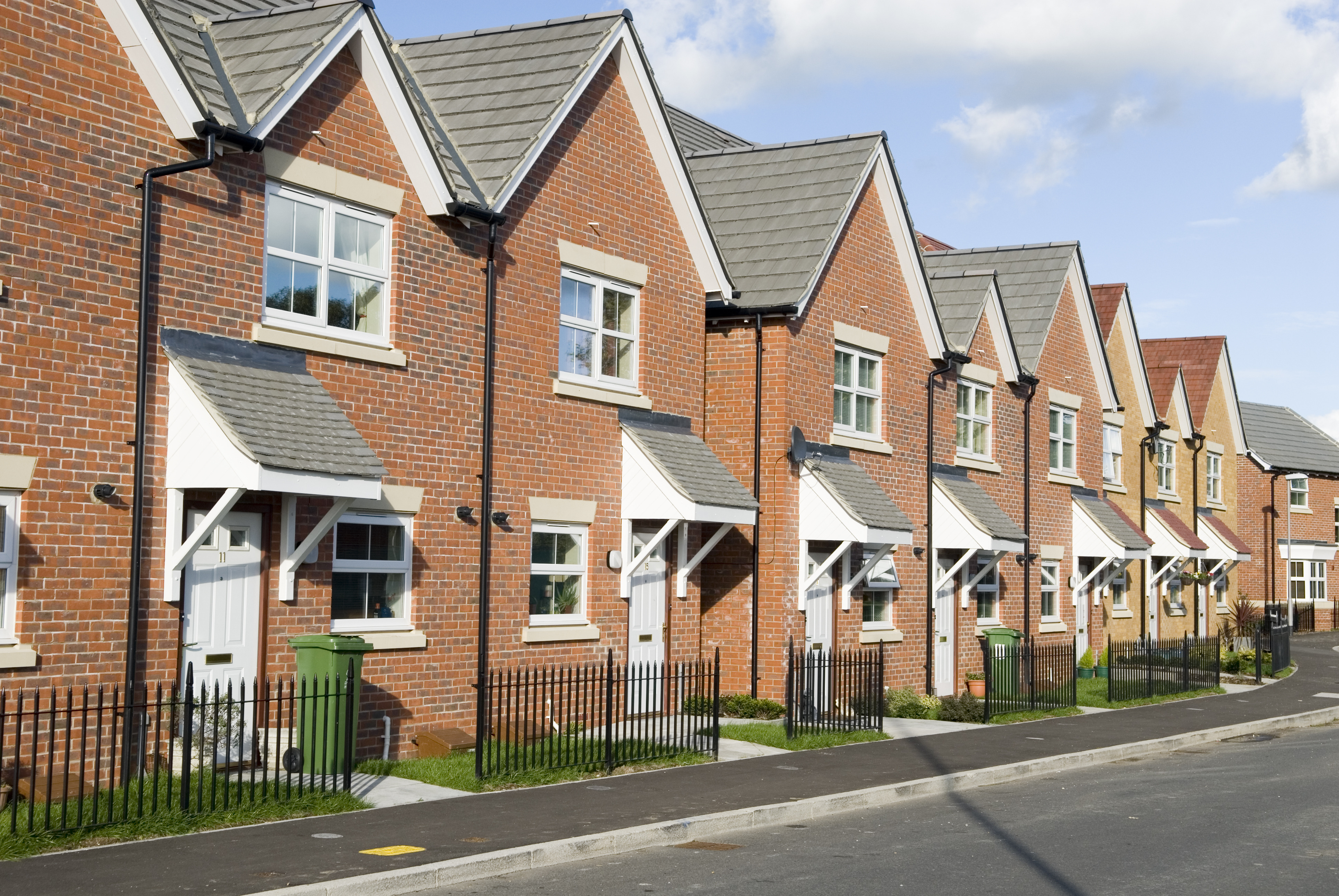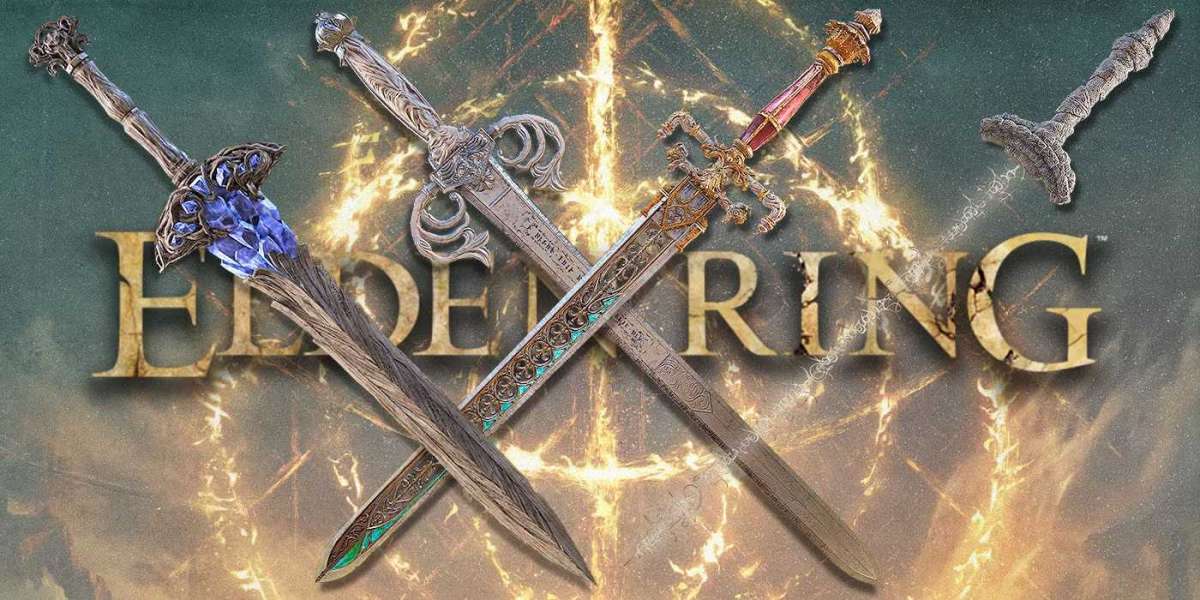Loans
Mortgagor vs Mortgagee

It is essential to know both sides of a mortgage.
In this short article
Who is a mortgagor?
Who is a mortgagee?
Mortgagor vs Mortgagee: Key differences
How do mortgages work
Different types of mortgages
How to look for a mortgage
Final words
Check your credit report
See your credit rating in minutes. It's totally free, forever.
Getting your own home is a fantastic experience, but mortgages are often part of the parcel. Therefore, it is essential to just select the best loan provider but to likewise diligently go through the documents. At the exact same time, you ought to also understand the significance of crucial terms before going through with the mortgage contract.
Understanding the difference between mortgagor vs mortgagee when taking out a mortgage or mortgage ensures you understand what you are entering.
A mortgagor is a person or group securing a loan to acquire a home or any other realty residential or commercial property.
In other words, the mortgagor is the debtor or house owner in a mortgage loan arrangement, who has actually pledged the residential or commercial property in question as security for the given loan.
The mortgagee is the lending institution in a mortgage loan contract. They represent the financial institution supplying funding to buy a piece of property or refinance a mortgage.

A mortgagee can be a bank, mortgage originator, cooperative credit union, or any other monetary organization that funds realty purchases.
Mortgagor vs Mortgagee: Key differences
Here are the primary distinctions in between mortgagor and mortgage
Mortgagor
Mortgagee
To protect a loan, the mortgage needs to use to the mortgage
The mortgagee reviews the loan application and chooses to authorize or disapprove it accordingly. Individuals with a poor credit rating might get turned down or they could obtain bad credit mortgage.
The mortgagor gives up ownership of the residential or commercial property and all pertinent documents during the period of the mortgage arrangement.
The mortgagee will take the provided residential or commercial property as collateral for the regard to the loan agreement.
The mortgagor needs to repay in prompt instalments based upon the regards to the mortgage arrangement.
The mortgagee draws up the payment strategy and decides the interest rate and all extra fees for the loan.
The mortgagor deserves to get full ownership of the vowed residential or commercial property after the payment of the loan, together with interest and other associated costs.
The mortgagee needs to transfer ownership of the collateral back to the mortgagee after the loan is paid in full.
The mortgagor is bound to accept the choice of the mortgagee when loan is defaulted
The mortgagee makes clear conditions for loan default and has the right to foreclose the collateral in the occasion of a default.
How do mortgages work
A mortgage is a loan used to fund a genuine estate purchase, whether it's a property or commercial residential or commercial property. The terms of a mortgage depend on your credit history and previous credit report. If you pass through the limit for minimum credit rating for the mortgage, you might have the ability to get beneficial loan terms and even get pre-approved for the mortgage.
Here are a few of the highlights of mortgages and how they work:
While the mortgagee offers money for the mortgagor to buy the preferred residential or commercial property, some mortgages may need payment of 10-20 percent of the total residential or commercial property amount as an upfront deposit. This is done to examine the mortgagor's current monetary standing and to ensure they can pay up the rest of the mortgage instalments.
The mortgagor is accountable for repaying the loan in addition to interest in the type of monthly instalments within a specified amount of time.
The life-span of a mortgage loan can vary. The time depends on the instalment amounts, total loan amount, rate of interest, and other factors also.
To secure the loan, the mortgagee maintains ownership of the residential or commercial property bought throughout of the mortgage agreement. If the mortgagor can not repay according to the loan agreement terms, the mortgagee can offer the residential or commercial property and utilize the retrieved money to recuperate their losses.

Different types of mortgages
Fixed-rate mortgage

Also called a standard mortgage, a fixed interest mortgage is one where the interest payable on the mortgage is set from the beginning of the agreement and stays the same throughout the loan term. The instalment payment is likewise fixed.
But often a set interest mortgage may only imply that the rate of interest will remain repaired only for a particular time period. After that, a brand-new, mainly higher, the fixed interest rate will use.
Fixed-rate mortgages can make sure certainty and safeguard you from drastic boosts in interest rates. However, you can also miss a decline in the interest rate.
Adjustable-rate mortgage (ARM)
Also referred to as a variable rate mortgage, an Adjustable-rate mortgage has an interest rate that changes throughout the loan. If the lender's rates of interest boosts, so will your rate of interest. You will likewise take pleasure in a decreased rate if your loan provider's rate of interest drops.
Several aspects might influence loan rates of interest in Australia, including:
Change in cash rate set by the Reserve Bank of Australia.
Increase in mortgagee's funding costs
Change in rival's interest rates, which can likewise cause your lender reducing their rates as well
Split mortgage
This kind of mortgage allows you to divide your mortgage payment account into 2; a set rate account and a variable rate account. This in turn enables you to gain the benefit of both.
Interest-only loans
An interest-only mortgage allows mortgagors to pay back only interest on the amount borrowed for a particular period. During this period, the principal amount is not minimized. Once the duration of interest-only repayments has actually elapsed, they will resume the typical payment of principal and interest.
Reverse mortgages
Also described as home equity loans, reverse mortgages are loans obtained against the equity of a home. It enables property owners to use the equity in their home as collateral for obtaining money from a lending institution.
Under this contract, the mortgagors will be approved a certain amount of loan versus the market value of their home. The interest rate is likewise lower in comparison to other general personal loans considering that there is collateral present.
How to obtain a mortgage
1 - Submit an application
Similar to an individual loan, if you want to obtain a mortgage, the primary step is for the mortgagor to submit a loan application to the mortgagee. It is left to the mortgagee to approve or disapprove the application based upon their own terms.
2 - Await the approval of the application
The mortgagee will consider certain elements before the application can be approved which can include your credit rating, credit report, debt to earnings level, and housing expenditure ratio.
Even if the loan is eventually approved, the housing expenditure ratio and the debtor's debt to income ratio will figure out the optimum amount of credit that can be encompassed the mortgagor along with the rate of interest.
3 - Review and accept the terms of the loan
Once the application is authorized, the mortgagee has to concur to the terms and conditions set in the mortgage agreement.
The regards to mortgage agreements differ according to mortgagees. Some of the terms you can expect to see are the loan repayment schedule, payment period, rate of interest, and the time of loan delinquency before loan default occurs.
The contract might likewise outline the residential or commercial property title and the mortgagee's lien on the residential or commercial property you utilized as collateral.
Final words
As the debtor, you must search and pick the mortgagor carefully. Check out the terms and conditions of the mortgage contract and guarantee you can afford it before signing any documents.
Your credit rating and credit report are necessary factors to be thought about by the mortgagee throughout your loan application.
With ClearScore, you can examine your free credit reports and check credit rating to identify your mortgage loan eligibility. Take a look.








